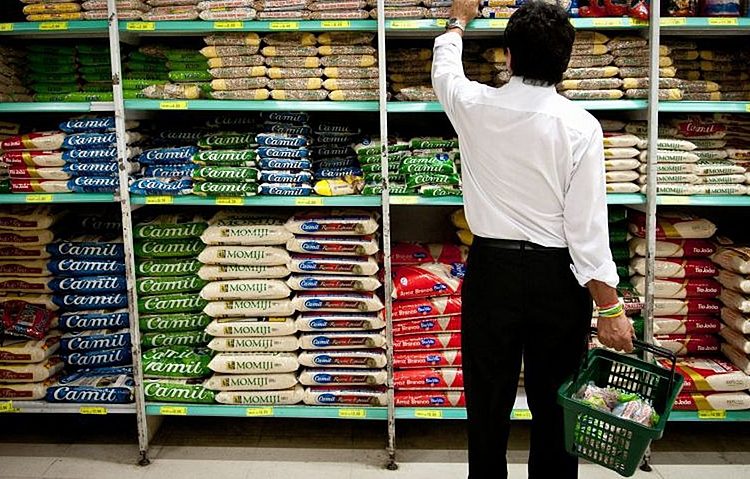“Some with so much, others with so little, but most have nothing.” “Put the pan back in the cupboard, because the money wasn’t enough today.” “If workers knew the value of their days, their salary would double. But since they did not see it, they are slaves without being of any usurer.”
Brazil is no stranger to economic discussions. It has always been on people's lips, in conversations at bars, in samba and rap songs. We talk about the absurdity of the economic abyss in Brazil, inflation in food prices and the injustice felt by those who work hard and barely survive.
The class struggle is underway in Brazil, and it is seen in the dispute over the economic agenda. That's why every small victory that gives the working class a boost should be celebrated.
The desperation over the dollar, in the end, came to nothing. Lula had to raise his profile and challenge speculators. This week, he watched inflation fall and his approval ratings rise. In Congress, tax reform began to be regulated.
For the time being, the tax reform is Fernando Haddad's bet to increase state revenue, but it is still far from promoting social justice – and it will also take time to bring results in the state's investment power, since we are talking about a transition that lasts until 2033. However, it does contain small advances, such as the tax exemption of food included in the basic-needs grocery packages, which will lower food prices.
Meanwhile, in the business world, Brazil continues not to tax the money that the rich send abroad. And taxing large fortunes remains a distant dream.
Closed siege
Recently, we've seen in the news some of the economic battles the Lula administration faced, whether with more or less combativeness. The challenge consists of maneuvering a well-articulated siege that is working to stifle the government's investment power on at least three fronts that require a fight:
Against Bolsonaro's Campos Neto, president of Brazil’s Central Bank, for an interest rate that is more compatible with that practiced in the rest of the world and which, being lower, would relieve the budget spent on interest payments for social investments, and for the Central Bank's intervention in the exchange rate against uncontrolled speculation.
Against the centrist group of politicians and right-wing parties in Congress – known as "Centrão" – demanding a fiscal squeeze and opposing measures to raise revenue, such as reviewing tax exemptions, while the budget for parliamentary amendments is breaking records.
Against the idea spread by the right and part of the mainstream media that the country is going through a crisis, while all indicators exceed expectations created by the market itself.
"Nothing, absolutely nothing points to the main macroeconomic variables being out of control. It's clear that market agents and its class representatives are doing their homework," explained Brazilian economist Juliane Furno in episode #36 of Brasil de Fato's Três Por Quatro podcast.
According to Furno, this "economic terrorism" is part of the political game and takes place regardless of the elected government, "so that the interests of banks continue to be represented".
And the interests of the class are to privatize everything. A weakened state makes room for more private initiatives to replace public services. Profit instead of rights.
The enemies are powerful and know how to blockade to defend their neoliberal agenda. The neoliberal package, expressed in this siege that is suffocating the Lula government, has even managed to lower the horizons of the left.
In other words, since the surface is thorny and dominated by enemies, the maximum program that touches the structures and really changes the correlation of forces between the social classes in Brazil is no longer being presented.
"It looks like we're handing it over. We're lowering the horizon of what's possible," Furno concluded. In other words, since everything will have to be negotiated, it doesn't make sense to present "backward" projects, on the contrary.
Every economic decision that could have an impact on the lives of the working class needs to be approved by Congress. And the game there is not easy. To give you an idea, in 2023, Lula issued 52 provisional measures, but only 8 became laws.
The adverse scenario has been in place since the beginning of the current federal government and the signs of moderation, the "more to the center" proposals, have not made the president's life any easier as time goes by.
The "market" and the right will continue to demand cuts and preach the logic of the private sector. They will advocate for the end of the health and education wages floors and call for high interest rates for fear of the full employment scenario. That won't change.
But alternatives to this thinking need to be seen. And they will be in the pages of Brasil de Fato. The disputes over the direction of the economy are about the lives of the people, and that's why we need to care.
Let’s keep walking,
Rodrigo Chagas
Editorial Coordinator




